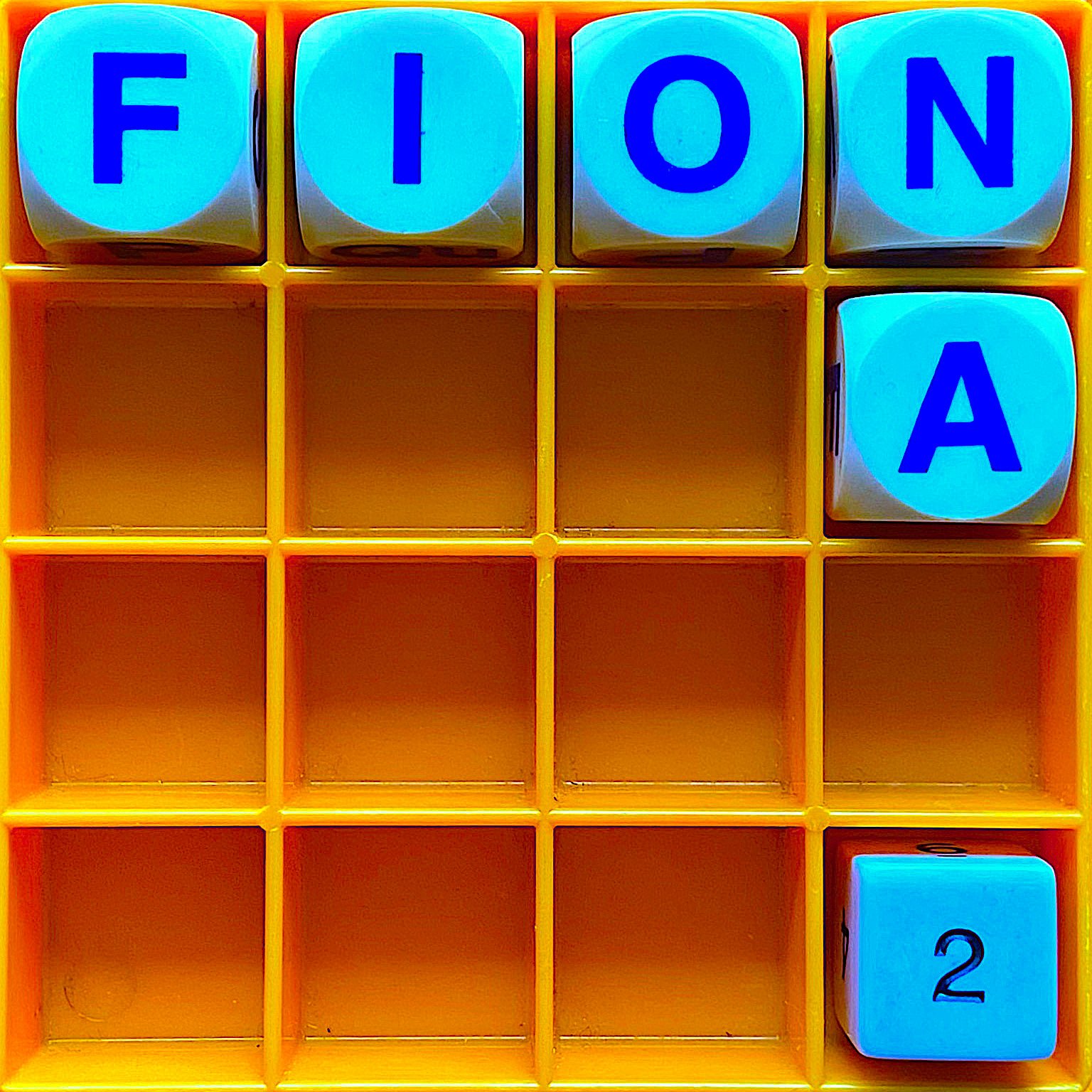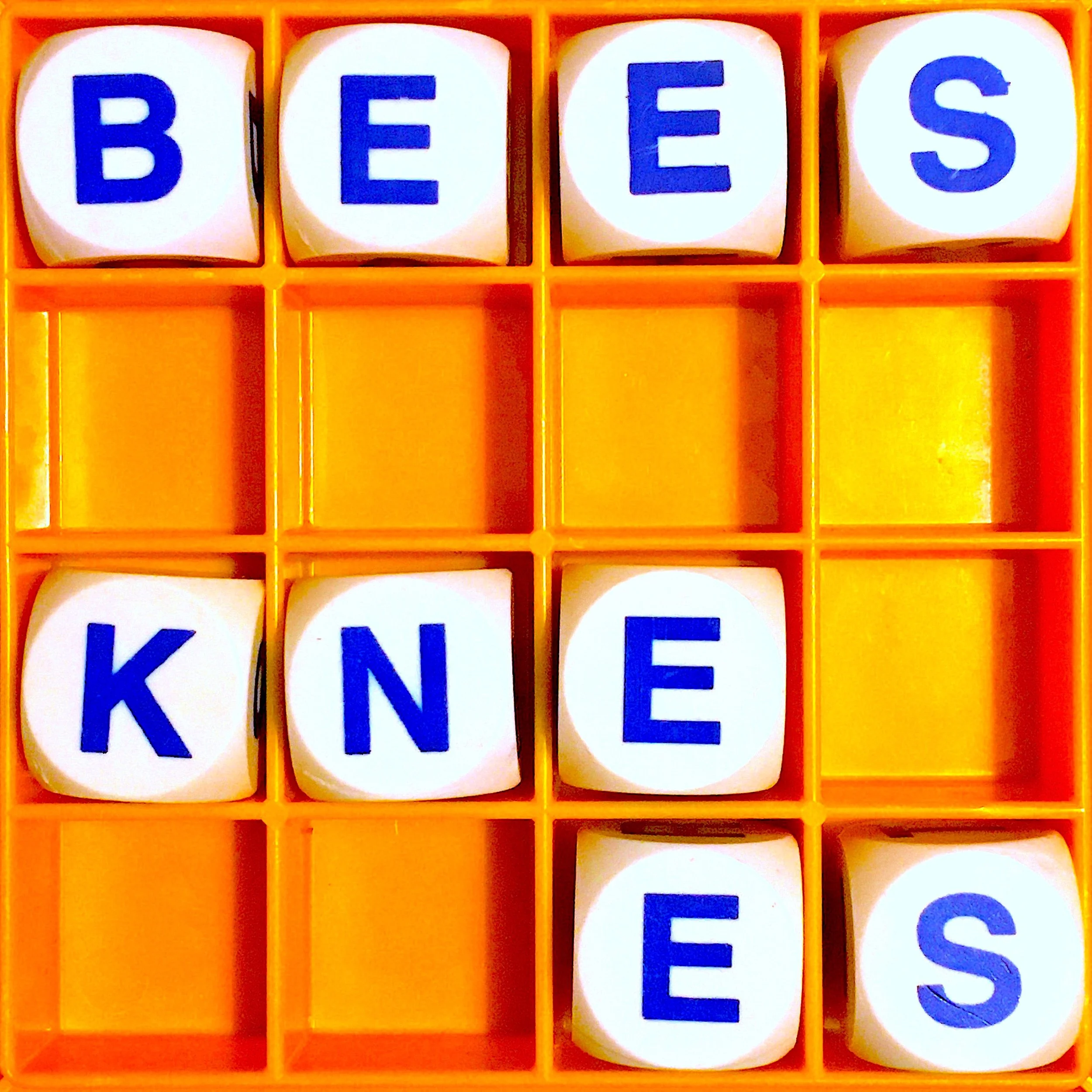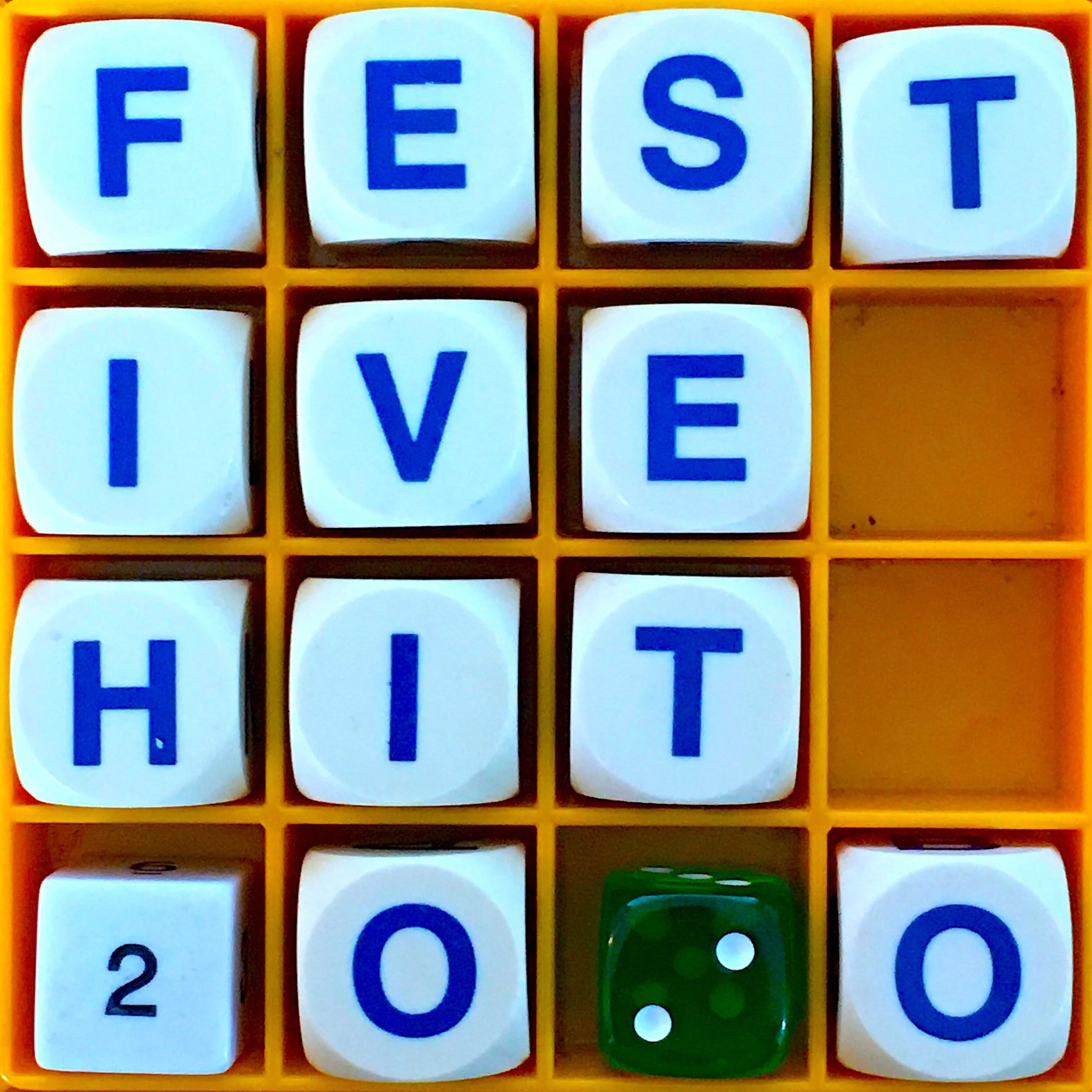ISHBEL McFARLANE: “You crap so much that you sunk a ship you were on.”
HZ: I’m gonna use that.
Allusionist 166 Fiona part 2 transcript
HARRY JOSIE GILES: I don't think that anyone should come away from this conversation not wanting to use the name Fiona. I think this is a beautiful and rich history. It might not be quite the history that you imagined, but I think it's a beautiful history.
Read moreAllusionist 165 Fiona part 1 transcript
HARRY JOSIE GILES: Fiona is a name I think now that still has a slightly romantic, slightly historical Scottish feel. I think everyone thinks it's an old Scottish name, but it's not an old Scottish name!
Read moreAllusionist 151 The Bee's Knees transcript
“There's a town in Quebec called Saint-Louis-du-Ha! Ha!, which apparently has the Guinness World Record for most exclamation marks in a town name. Which is two.”
Read moreAllusionist 127 A Festive Hit for 2020 transcript
Nothing says "Happy Holidays, fam" like "Stay the fuck away from me".
Read moreAllusionist 85. Skin Story - transcript
HZ: Thirteen or so years ago, I met a friend at a pub, and she had someone with her who had a tattoo on her elbow of the word ‘cuticles,’. An unusual word to see as a tattoo - unlikely to be the name of a loved one or a birthplace or something. And also it wasn’t just the word ‘cuticles’, it was ‘cuticles’ followed by a comma.
SHELLEY JACKSON: With a piece of punctuation attached, you can really tell that it must be part of something else.
HZ: She was part of something else: The Skin Project, a story, 2095 words long, and each word tattooed on a person.
Read moreAllusionist 84. Trammels - transcript
ROSS SUTHERLAND: We're taught from a young age to be good sports at losing games. Sportsmanship as a concept is all about being a good loser. And yet we're terrified of the concept of losing art. It's a horrible thing to try and to put yourself out there and for it to fail. So if you can reframe it as a game then all the better.
HZ: Because if you fail again you've just failed at the game and not at art entirely.
ROSS SUTHERLAND: Yeah, exactly. You fail at the game, but then you can play again. it's less of a referendum on your own self-worth if you just lose a game, because we play games all the time and so we're very comfortable with our odds. Whereas I feel when it when it comes to art the odds feel a little bit more important, and they shouldn't.
Read moreAllusionist 82 A Novel Remedy transcript
When you’re not feeling well, which books do you turn to to make yourself feel better?
I asked this question on the Allusionist Facebook and Twitter, and hundreds of you responded, but a few answers came up again and again:
Terry Pratchett, Douglas Adams, JRR Tolkien.
Makes sense. Science fiction, fantasy: what’s more escapist?
Jane Austen. PG Wodehouse.
Also escapist, thanks to period setting - and, rich people problems not health problems.
Things you read when you were a child: Moomins, What Katy Did, Anne of Green Gables…
Taking you back to a time in your life that perhaps felt safer, or simpler...
...Harry Potter.
Boarding school shenanigans! Wizard problems not real life problems!
And, Agatha Christie.
Poison! Gunshots! Stabbing! Hang on, why would stories about murder make us feel better?
Well, they’re kind of supposed to make you feel better.
Read moreAllusionist 36: Big Lit - transcript
The term ‘classic’ turned up in English around the start of the 17th century, when it meant ‘of the highest class’ - same meaning as the Latin ‘classicus’ from which it came. It swiftly became the label for ancient Greek and Latin literature, and by the mid-19th century, that sense had been extended to any works with that sort of quality - though when it comes to the classics of English literature, I’m vague about what that quality is. “Written by dead white men”, going by the selection of classic literature that I had to read at school and university. “Big books that make me feel guilty and stupid for not having read them?” “Source material for TV dramatisations involving bonnets?” Seriously, what does ‘classic’ mean now?
Read more








